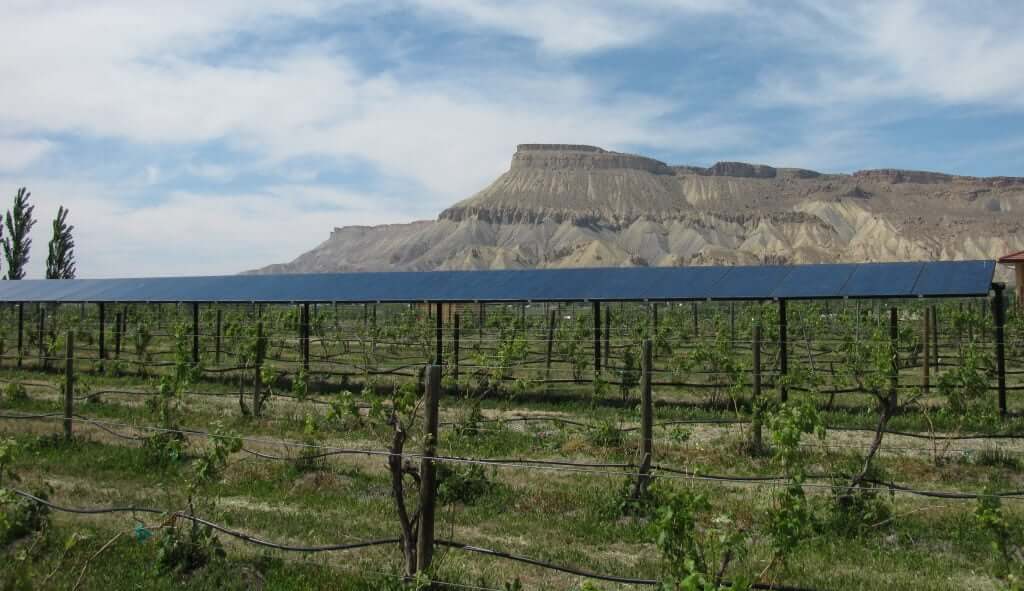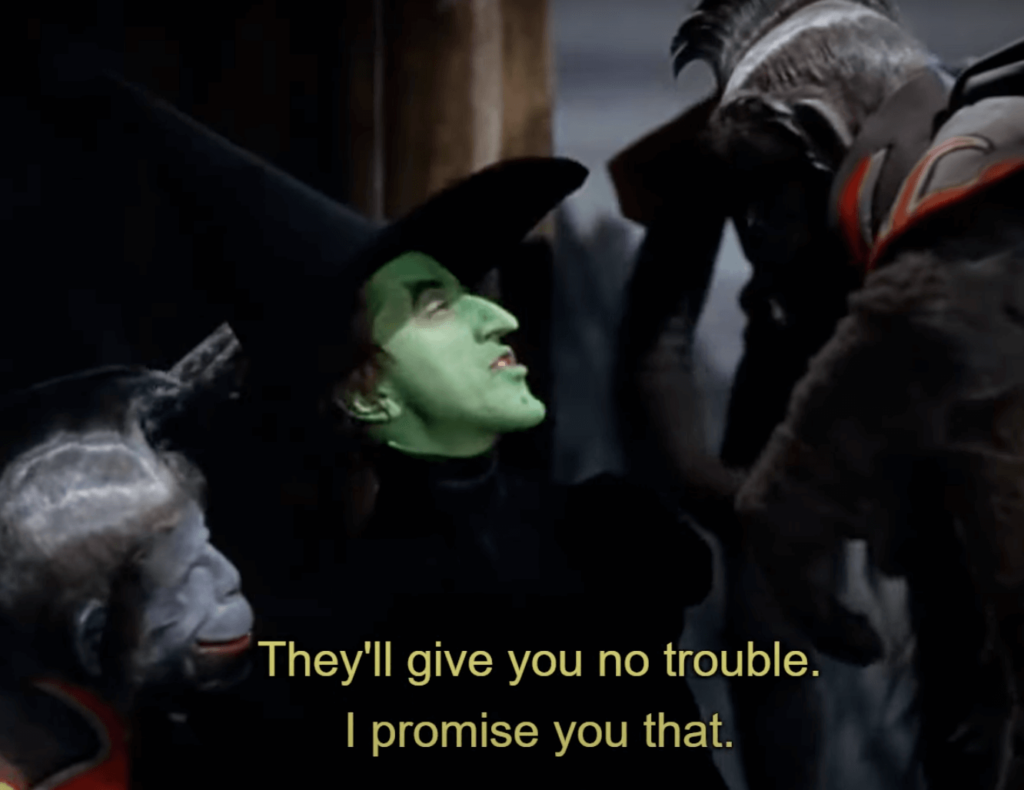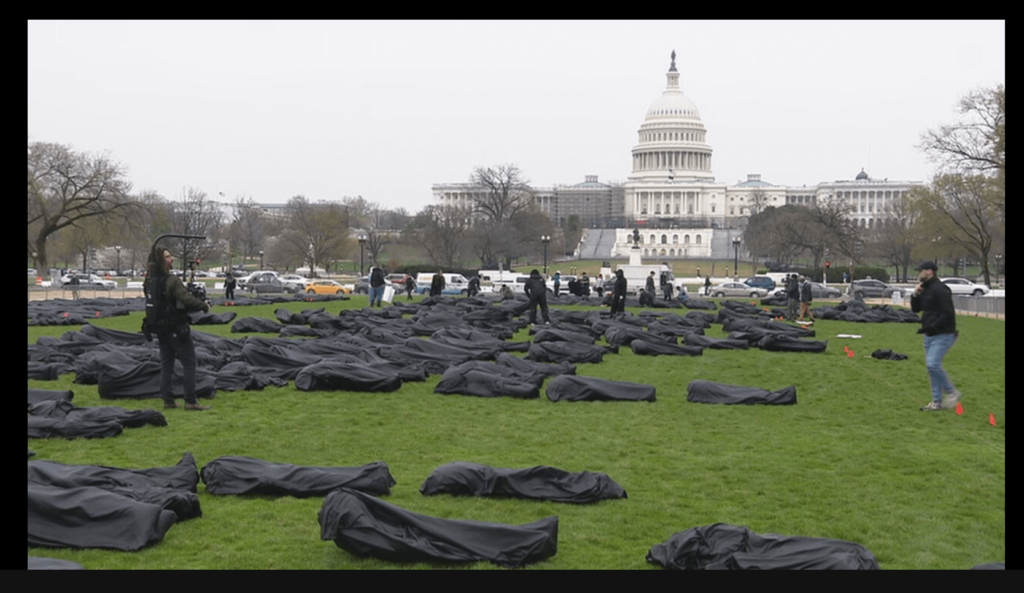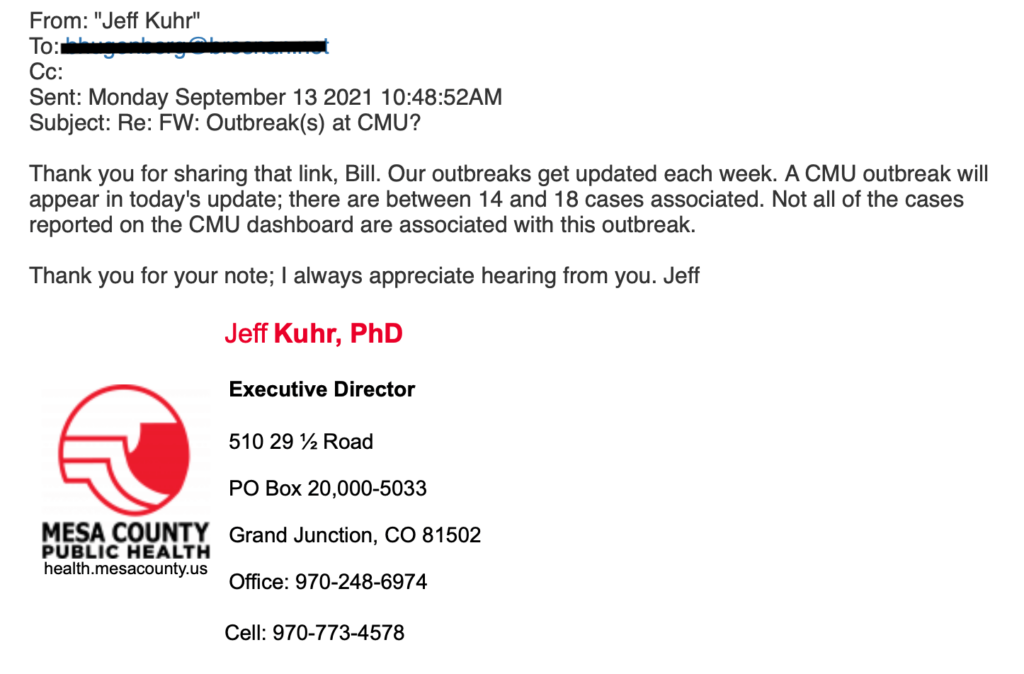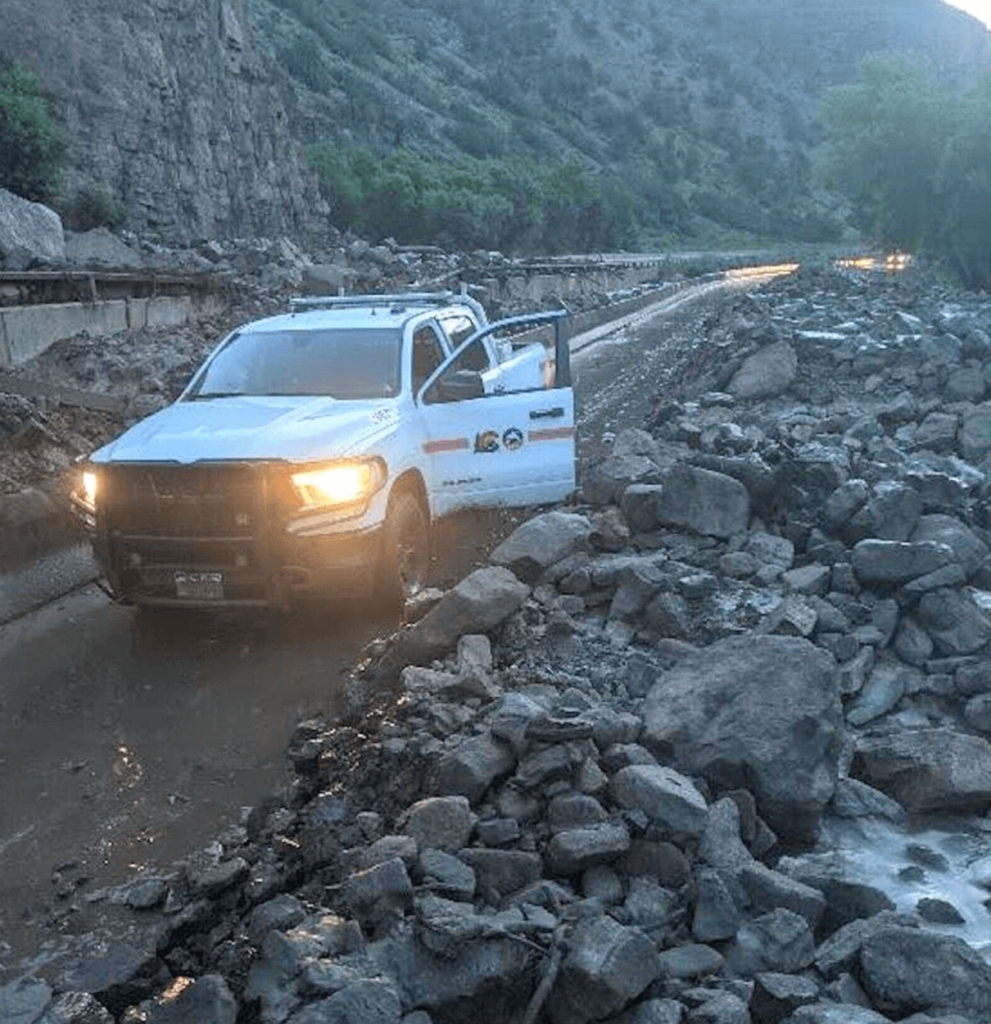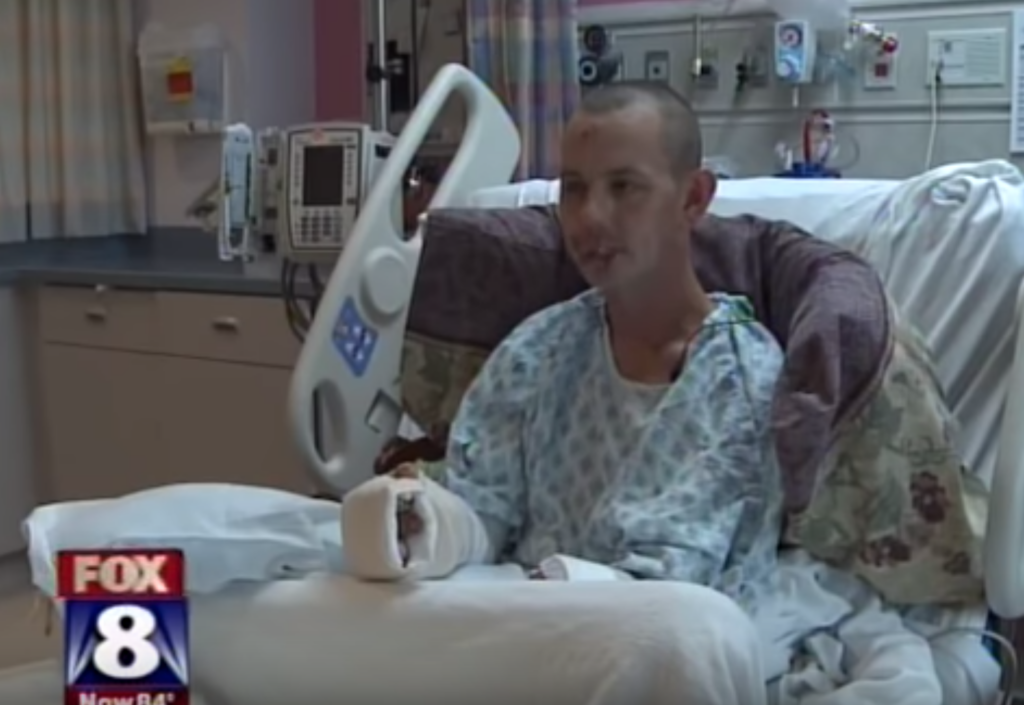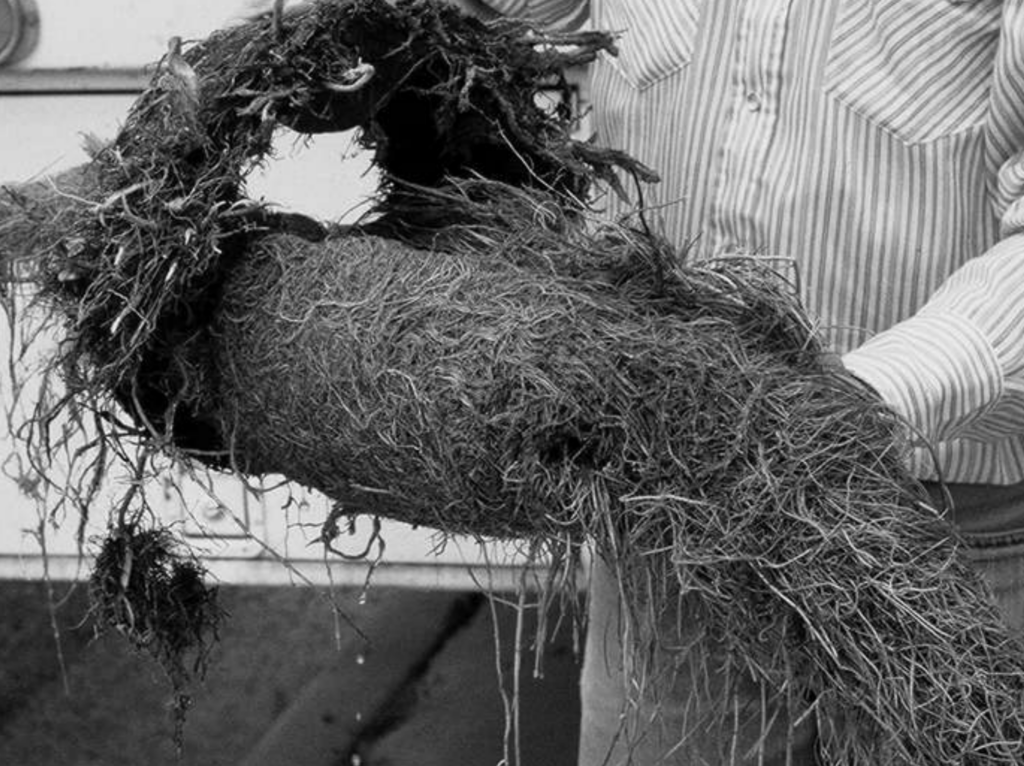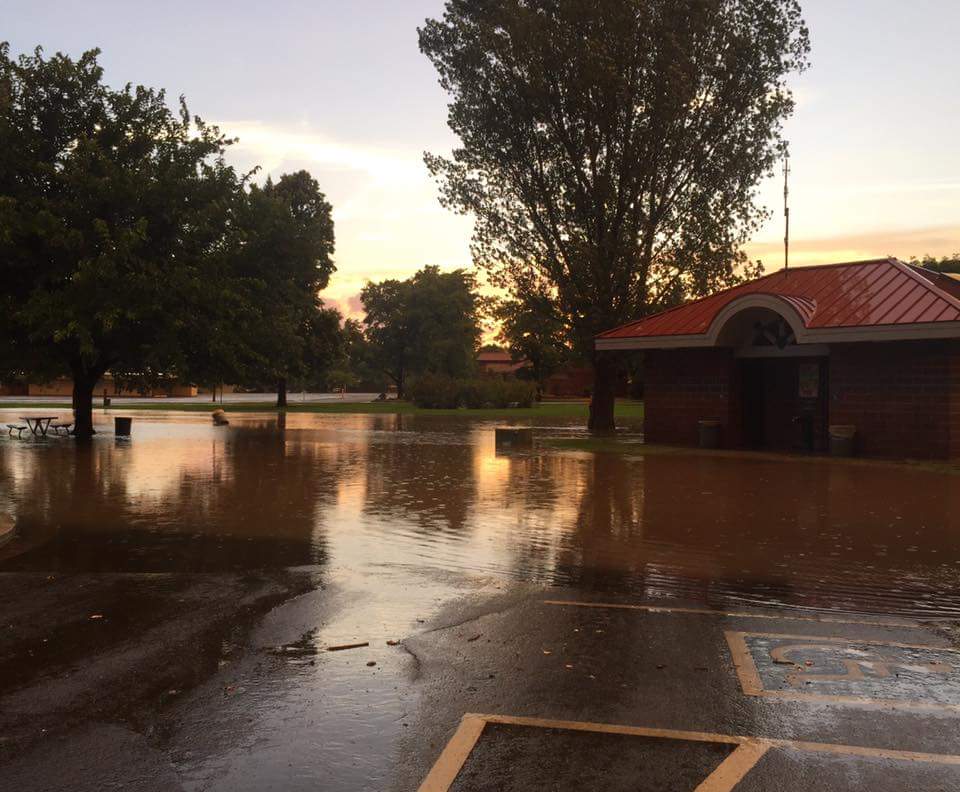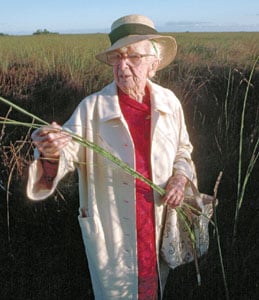Public safety
Trump-branded weaponry being promoted in advance of 2024 election
MAGA supporters are using Trump-themed weaponry to encourage malice and division and threaten pro-Trump political violence in advance of the
Mesa County Commissioners ignoring safety concerns & quietly working to tweak land use code to advantage large scale solar development, citizens say
On January 9, Mesa County Commissioners Janet Rowland, Cody Davis and Bobbie Daniel voted to put a moratorium on large-scale
But who’s going to sue them?
This editorial from the Thursday, Sept. 21, 2023 issue of the Daily Sentinel is reprinted here with permission from the
Why we need to worry about County Commissioner Janet Rowland’s takeover of Mesa County Public Health Dept.
In the wake of Commissioner Janet Rowland’s recent coup over the Mesa County Public Health Department, if the the past
How to implement Colorado’s Red Flag law in Mesa County
Are you aware of someone who owns firearms and is presenting a danger to themselves or others? Colorado’s new Red
March for Our Lives to hold local rally Sat., 6/11 at the Old Mesa County Courthouse, 6th & Rood, 10:00-11:30 a.m.
The national student-led group March For Our Lives will hold a local rally Saturday, June 11, from 10:00 a.m.-11:30 a.m.
Daily Sentinel & Mesa County Public Health Department appear to take steps to shield CMU from criticism
The Grand Junction Daily Sentinel and Mesa County Public Health Department appear to be shielding Colorado Mesa University from public
In Facebook video update, CDOT says Glenwood Canyon has 10 different debris slides between No Name and Dostero
Upwards of ten separate debris slides occurred last night in I-70 in Glenwood Canyon between No Name and Dostero as
Have you ever helped reverse a drug overdose? If so, your story is needed.
The University of Colorado Denver’s Anthropology Department is looking for Coloradans who have attempted to reverse a drug overdose and
March planned to draw attention to police murder of Fruita man, Gage Lorentz
A peaceful march will be held Saturday, October 17, 2020 at 10:00 a.m. at Stoker Stadium to demand justice for
Grand Junction’s growing illegal fireworks problem
Independence Day in Mesa County offers fun and entertainment for many, but also causes fear, anxiety, property loss and taxpayer
One good thing Trump has done: Banning bump stocks
Watch out, local gun nuts. President Donald Trump is coming for your guns. Last December, President Trump issued an executive
Grand Junction wants to increase its sales tax, but it should stop wasting existing funds and tap obvious sources of new revenue first
As a liberal progressive voter, I believe it is our patriotic duty to pay taxes for public amenities that make
The Grand Junction Area Chamber of Commerce takes off it’s fig leaf
If there is a shred of doubt left that the Grand Junction Area Chamber of Commerce exists only to promote
Flex your muscle by getting out and voting in the May 8 Drainage District election!
Mark your calendars: there’s a local election coming up that Grand Valley progressives and intelligent voters can actually win if
Don’t be fooled. Gun massacres are about GUNS, not mental illness.
In the wake of the Parkland, Florida, school shooting, Republicans are claiming that the easy availability of guns in the




